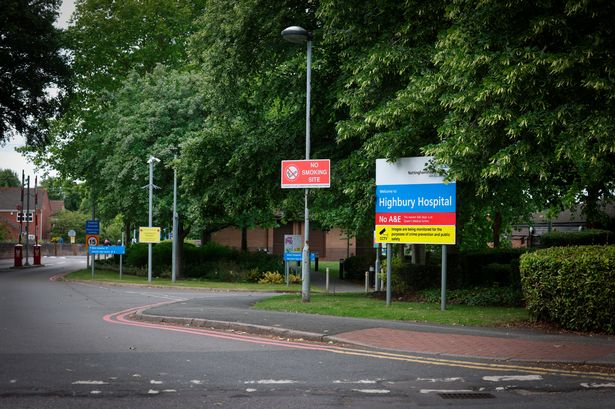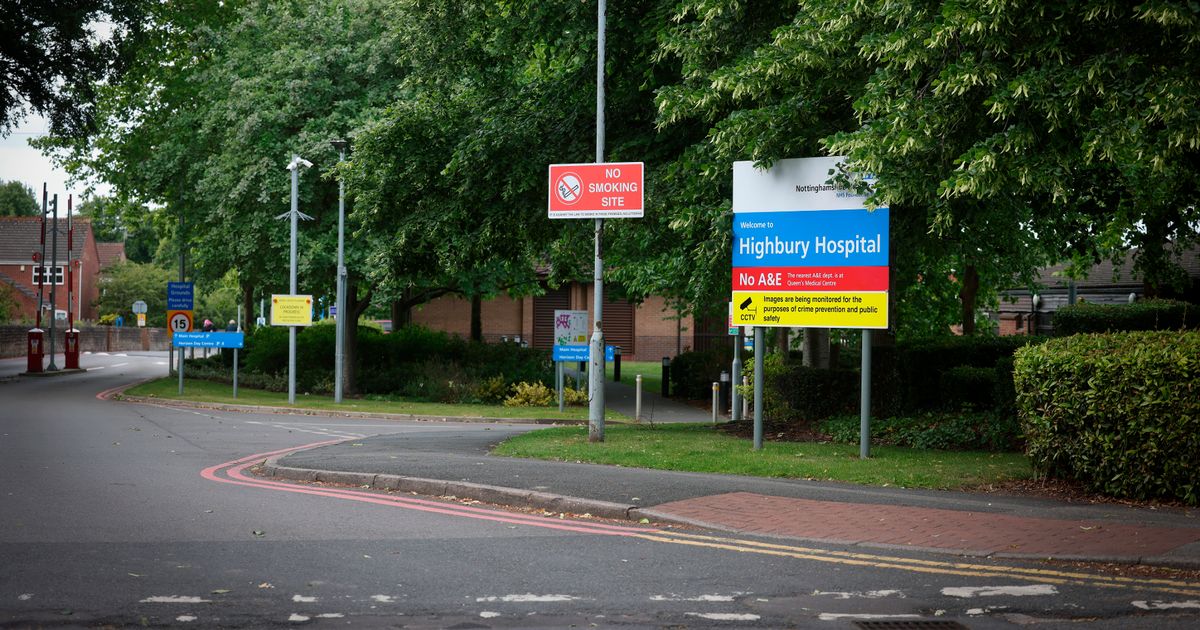The trust says the change will make service more equitable, despite concerns of a postcode lottery Highbury Hospital in Highbury Vale, Nottingham, where Nottinghamshire Healthcare trust is based(Image: Joseph Raynor/ Reach PLC)
Highbury Hospital in Highbury Vale, Nottingham, where Nottinghamshire Healthcare trust is based(Image: Joseph Raynor/ Reach PLC)
The end of a Nottinghamshire mental health unit could create a Valdo Calocane-like killer and send suicides skyrocketing, according to an NHS worker.
The specialist Personality Disorder Service unit within Nottinghamshire Healthcare NHS Foundation Trust (NHFT) had dealt with complex treatments for diagnoses like borderline personality, histrionic personality, and antisocial personality disorders – the latter of which can make people very aggressive.
The scandal-hit trust has argued moving personality disorder experts out into generalist local mental health teams would improve its service for all patients, but now a second employee has come out to condemn the change.
They have said the scrapping of the specialist unit will result in alarming numbers of suicides and recreate the lack of support for patients that formed triple-killer Valdo Calocane.
Calocane stabbed students Barnaby Webber and Grace O’Malley Kumar and caretaker Ian Coates to death in June 2023 in the most horrific attacks the city has ever seen. Three other people were injured when Calocane drove Mr Coates’ van into them. He was detained indefinitely after admitting three counts of manslaughter on the basis of diminished responsibility in January 2024.
The worker, who was formerly part of the unit, said the trust – which has been roundly criticised for its care of paranoid schizophrenic Calocane before the killings – was repeating its mistakes at the cost of patients and the general public.
“There will be a client within the thousands of people who could be quite dangerous,” the trust worker said, comparing the withdrawal of the service to the trust’s lack of a standalone assertive outreach team which could have helped treat Calocane properly – which was an issue raised in subsequent investigations after the Nottingham attacks.
As well as the possible threat to the public, the worker said patients who could not receive personalised support from specialists would be much more likely to self-harm and need hospital treatment.
“The number of suicides and hospitalisations will skyrocket and that is not an opinion, that is a widely shared view,” they said.
Patients who had been in the pathway will feel abandoned after losing their trusted practitioner, they added, explaining personality disorder treatment required consistency of care and strong relationships.
Despite staff concerns, the NHS trust has argued the scrapping of the unit will improve outcomes. “This is definitely a worse offer than what was there before – they claim otherwise but that is not the case,” the insider disagreed.
“There will be no support for local health health teams from specialists, it will be a very basic function. This is the support for the most complex and difficult clients.”
The healthcare worker expressed doubt the local mental health teams would be able to cope with these patients, as they had been asked to focus their efforts on psychotic patients in the wake of Calocane’s killings in 2023.
The personality disorder pathway had failed due to local mental health teams largely shifting their focus in response to the failings that led to the fatal stabbings – moving the problems elsewhere, they claimed.
The end of the pathway, which they claimed was partially being done to alleviate staffing problems in the more general teams, would also mean that some areas were completely devoid of specialists.
This would create a “postcode lottery” for those who desperately needed targeted support, with some specialist staff leaving rather than move into local teams, they added.
Nottinghamshire Healthcare NHS Foundation Trust reiterated that bosses believed staff could provide the same service to patients, despite the change.
A trust spokesperson said: “There will be no change in the service offered to patients, other than to make it more equitable by having the full service offered at a local level by all the local mental health teams (LMHTs).
“These teams were managing the vast majority of patients with a personality disorder before this organisational change. LMHTs provide care and treatment for a full range of mental health conditions.
“Over the last two years, we have improved our oversight and assurance related to patients on the psychosis pathway, however this is not to the detriment of other patients.
“There are no financial savings from this organisational change. Colleagues from the Personality Disorder Service will transition to the LMHTs, taking their skills and experience with them, and ensuring continuity of care for patients.”
